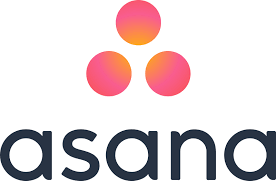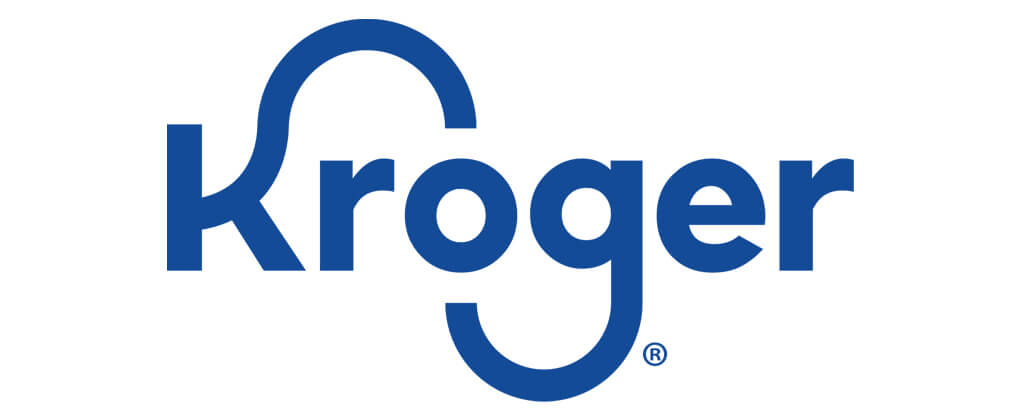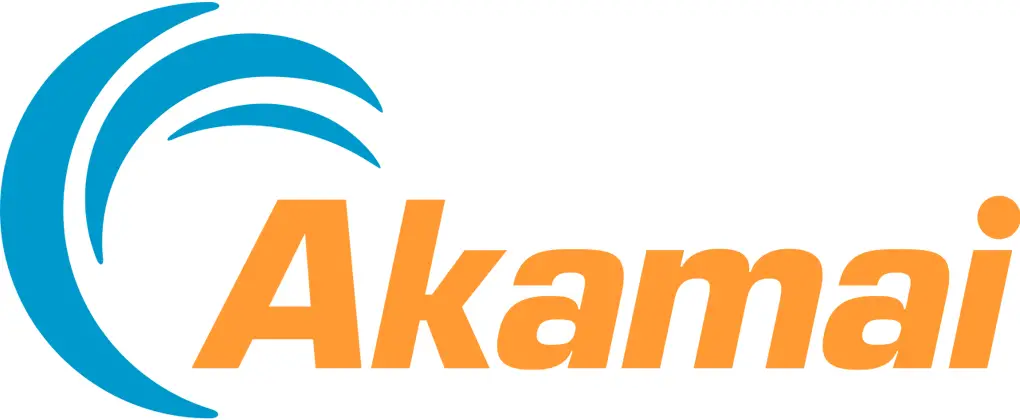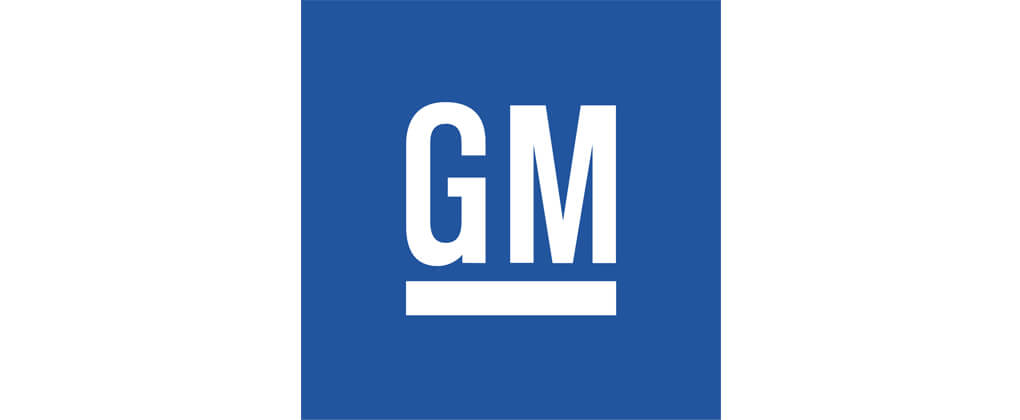Asana Competitors and Similar Companies

Asana is a work management application that is compatible with both desktops and smartphones. The name is derived from the Sanskrit language, which means “seat” or “posture”. It tries to imply that with Asana, you can manage your work, comfortably seated, from anywhere in the world. The program enables you to organize your schedule or that of your team, track their performance, and manage the overall work. Right from taking care of complex projects to handling simple tasks, this software does it all!
Asana (the company) was founded in 2008 by Dustin Moskovitz and Justin Rosenstein, two former Facebook employees. In fact, Moskovitz is one of the founders of the social media giant. It took three years to create a beta version of the software, and another year to launch the product commercially. The company saw a steady growth over the years that followed, and by 2018, it had an excess of 35,000 clients under its belt. In just about three years, the count more than tripled in number, quite akin to how Zoom and its competitors grew exponentially during the coronavirus pandemic.
| Name | Asana |
| Founded | 2008 |
| Headquarters | San Francisco, CA, US |
| SIC Code | 7372 |
| Status | Public, Independent Company |
| Industry Sector | Project Management / Software |
| Employees | 1666 |
| Trading Symbol | NYSE: ASAN |
How Asana makes Money
Despite Asana (the product) being a project management software, the company doesn’t directly sell it to its clients. It has developed a subscription-based model with three tiers included, namely Premium, Business, and Enterprise. It also offers a free platform with a limited range of features. Based on your needs, you can upgrade to either of the aforementioned paid tiers. Premium features include task templates, an exclusive admin console, and the new Workflow Builder. Each succeeding tier includes all the features of its predecessor and more.
Project Management Software
Project management is basically a department of most businesses. It is an industry that is heavily in demand today, thanks to the ever-growing market potential and the rising complexity of business projects. The tasks of any project are rarely managed and accomplished manually these days. Even if it is an offline company, you need a productivity management software to effectively chart the course of the project. This is exactly where the expertise of Asana lies. It can help you efficiently organize and tackle a number of projects in a short time, so that you can focus more on the tasks themselves.
Companies Similar to Asana
Asana generates a revenue of $378 million, and it keeps updating the software at regular intervals so that you always stay one step ahead of your competitors. Despite its efforts, if you still find something lacking in the products, then you can always end the subscription and pick another project management software. Here are a few top-grade alternatives for you.
Asana Similar Companies
The biggest rivals to Asana are Trello, Jira, Teamwork, Monday.com, Wrike, ClickUp, and Scoro. There are many other companies out there that offer business management software, and a considerable number of those are start-ups, which shows how profitable this industry is. For now, let’s discuss Asana competitors in more detail.
Trello
Trello is a productivity tracking software that is used to chart the progress of a project throughout its lifecycle. You might have heard about the Kanban board, or even used it at some point in the office. Trello’s project management software is based on the same simple model. You can create various kinds of working boards and move your work depending on its status between the columns. This software can be used by almost every sector in the market, right from corporate and finance to education and gaming. You can even use it for personal purposes, tackling your day-to-day tasks in a jiffy.
Project Management Software / Productivity
Trello Enterprise stepped into this industry with its software, Trello, in 2011. It was created by Joel Spolsky and Michael Pryor, founders of Glitch (a software firm). It was instantly lauded by customers and critics alike, with Wired and Lifehacker featuring Trello in their publications. The company was eventually acquired by Atlassian, one of the top software firms in Australia, in 2017. Today, the software is available in 21 different languages, with a user base of over 50 million. It is available on all four major operating systems – Windows, MacOS, iOS, and Android.
Jira
Jira is primarily a bug tracking software that also contains project management tools. It was developed by Atlassian, the same company that owns Trello, so they don’t compete with each other as such. The position is quite similar to Facebook and Instagram, both owned by Meta, competing with other social media portals. However, Jira is a direct competitor of Asana, for apart from providing basic and advanced work management platforms, it offers an added benefit of periodically tracking any issues within your projects or other applications. This cross-platform software was launched in 2002 and is written in the Java programming language.
Issue Tracking Software / Project Management
Jira is one of the finest issue tracking tools in the market. Its project management functionality usually comes from third-party plugins and installations, but the Jira Work Management tool was crafted specifically for the platform. Jira is available free of cost for a maximum of 10 users, exceeding which you will have to pay the standard or premium subscription fee. Since it is wholly owned and controlled by Atlassian, we have stated the latter’s statistics below.
Teamwork
As the name suggests, Teamwork is a project management and team collaboration tool created by the software company of the same name. It started off as a web development company in 2007, mostly catering to the locals in Cork, Ireland. It was in the same year that the founders, Peter Coppinger and Dan Mackey, started working on the beta version of what would later be known as Teamwork. When their full version of the project manager started becoming popular, they began negotiations for the exclusive domain name, Teamwork.com. Did you know that they eventually had to shell out $675,000 to acquire it?
Project Management Software
Teamwork provides a great variety in the project management software niche with its numerous applications like Teamwork Desk, CRM, chat portal, etc. Also, its client base is spectacular, to say the least, with major organizations like Disney and HP utilizing its services. The year 2016 had been phenomenal for the company, for its potential was recognized and appreciated by several prestigious societies in software circles. For instance, the Cork Chamber of Commerce rated Teamwork as the best SME in their Company of the Year awards.
Monday.com
Monday.com is a cloud-based project management platform, but it is slightly different from Asana. As you might know, Asana’s project manager cannot be recoded by external developers. On the other hand, Monday.com’s dynamic dashboard enables you to create your own unique work management software that suits your company’s needs! The company was established in 2012 by Eran Zinman, Roy Mann, and Eran Kampf, and the cloud platform was commercially released two years later. Initially, the software was called “dapulse”, and the name change occurred in 2017, by which time they had already raised millions of dollars in capital.
Project Management Software
The Monday.com software is one of the most efficient products in the project management market. It facilitates project tracking and efficacy, visualizes and collates the data entered, and boosts team collaboration. You can also merge it with other task-based applications that you may already be using, like Microsoft Teams and Adobe Creative Cloud. Two versions of the Monday.com app have been released so far – a REST-based JSON API and a GraphQL API. The company has over 127,000 customers worldwide.
Wrike
For all those who prefer a viable American alternative to Asana, Wrike is the answer! Headquartered in San Jose, CA, Wrike was established in 2006, two years before Asana. It released its beta software in the same year. However, the full-fledged enterprise application was launched in 2013. The company is currently owned by Citrix Systems, and it has corporate offices in several parts of the world. Did you know that Wrike has received a number of awards to date? It was rated as being one of the “best places to work” in 2015, and it was the Best Project Management Software of 2016 according to GetApp Rank.
Project Management Software
Wrike offers its application in the Software-as-a-Service (SaaS) format, but it is different from other SaaS competitors like ServiceNow. Wrike can be used to track and manage workflows in nine different languages. It contains both project management and team collaboration components, quite like Asana, thus offering a comprehensive model in this industry. Wrike’s free version can be used by 5-people teams, and its premium subscriptions differ according to the number of users and the kind of features required. It can also be integrated with other major apps like Google Drive and Microsoft Office.
ClickUp
Another established work management software that was launched in 2017, ClickUp, is the youngest of the lot. But it doesn’t make it any less effective than Asana. A major advantage that ClickUp has over the latter is its subscription rates, which are almost half of Asana’s. Also, unlike Asana, you can include unlimited users on ClickUp! However, the storage space is the same for both platforms – 100 MB. ClickUp’s 24/7 customer service on the free platform steals the show, for most other companies offer it only on their premium subscriptions.
Project Management Software
ClickUp was launched by Alex Yurkowski and Zeb Evans through a private equity fund of $1 million. It is essentially an upgraded version of most other project management platforms. Its tools and features include creating recurring tasks, a multitasking toolbar, easy comment resolution, customized notifications, and quite a few browser extensions. You can manually check the completion rate of the project or analyze it based on the percentage. You can also create a task hierarchy if needed. ClickUp’s API can be integrated into several platforms like DropBox, Salesforce, and Zoom.
Scoro
Scoro is a SaaS platform that offers an all-inclusive business management software. Project management is just one of its many functions. The company was established by Fred Krieger in 2013, in the capital of Estonia, Tallinn. Its current base of operations lies in London, UK. And when it opened its corporate office in the US, in New York, it officially started competing against Asana. Did you know that, time and again, Scoro has been recognized as one of the fastest-growing companies in the world?
Business Management Software
Scoro has a number of tools in its immense repertoire, right from basic project tracking and task management to more advanced finance tracking and generating enterprise-level reports. You can log and arrange timesheets, invoices and receipts, create project milestones, and generate client statistics and margin reports. In addition to web-based integrations, the application is also compatible with smartphone systems.
| Annual Revenue | Funding | Headquarters | Employees |
| $19M | $23.5M | London, UK | 131 |
Conclusion
Asana’s biggest competitor is Wrike, and that is not simply because it is based in the US. Wrike offers almost everything that Asana does, and both have more or less the same business model. However, their customer base may slightly differ depending on their needs. Asana is ideal for simplifying complex projects with relatively small teams, whereas Wrike is perfect for managing larger departments and projects from the same source. At the moment, their situation is similar to Pfizer and its competitors, who usually manufacture different products but target the same kind of audience. So, if you are indeed planning to let go of Asana’s amazing software, then you probably won’t find a better alternative than Wrike.



